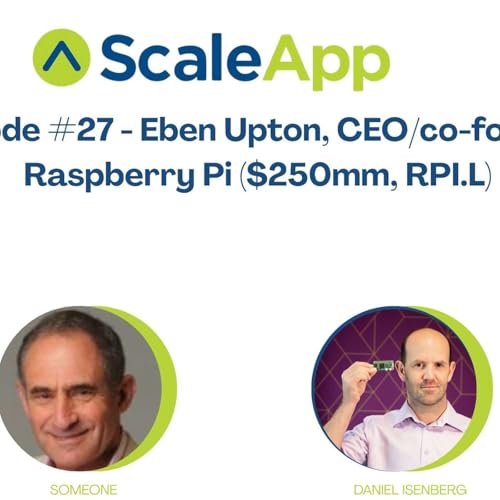I believe that one of the biggest challenges in going from a few millions to a few tens of millions is building systems and processes that enable scaling. We have seen this challenge in the majority of the ScaleApp Podcast discussions, Giscad is just the most recent example. As Julie Brandle explains, one aspect of their scaling challenge was to bring on more specialized professional services - legal, accounting, HR etc.
Metis is also a great story of resilience - recession, Pandemic, and now, October 2025, significant market uncertainty.
Maybe we need to re-define “Resilience” = “Metis Construction?”
Julie Brandle, founder and president of Metis Construction in Ohio, has built a significant construction services company based in Ohio. Launching in 2009, in the depths of the recession, Brandle turned uncertainty into opportunity. Today, Metis employs about 50 people, generates $30–50 million in revenue, and works across Ohio and beyond with clients such as Firestone Auto Care, Dollar General, McAlister’s Deli, and Bank of America.
Brandle’s formula is simple but powerful: build trust, deliver on time and on budget, and treat every project—large or small—with equal seriousness. Along the way, she has overcome some skepticism of entering a “man’s business,” "over-scaled" too rapidly during COVID to $50 million, and learned that growth must be strategic, not just fast. Metis is also a proud alum of ScaleratorNEO, where Julie and her team sharpened their growth mindset around the three C’s: cash, customers, and capacity.
Favorite Quotes
· “We hit our goal of around the $50 million mark during COVID. And it’s a stressful mark… don’t grow for the sake of growth.”
· “Sometimes clients would ask who I, a woman at a construction site, brought with me. And I’d say, it’s just me. I’m the owner and president.”
· “Our whole team was on board at ScaleratorNEO - I didn’t have to sell decisions later - yhey were already there, part of it from scratch."
· “If it’s important to you and you need it, we’re here to help you. No project is too small."
Key Themes
· Strategic Growth vs. Fast Growth: Rapid expansion can overwhelm systems, people, and processes; scaling requires infrastructure upgrades at every stage.
· Resilience in Uncertainty: Starting in a recession, weathering COVID, and navigating inflationary shocks, Metis has adapted while maintaining service.
· Culture & Teamwork: Remote work strained culture, but flexibility and intentional rebuilding are helping restore cohesion.
· Women in Construction: Julie has confronted skepticism head-on, proving that credibility comes from competence and delivery.
· Scalerator Impact: Involving the whole team in structured growth planning made scaling practices stick.
 34 分
34 分 2025/11/1634 分
2025/11/1634 分 47 分
47 分 39 分
39 分 46 分
46 分 2025/10/0947 分
2025/10/0947 分 43 分
43 分 37 分
37 分
